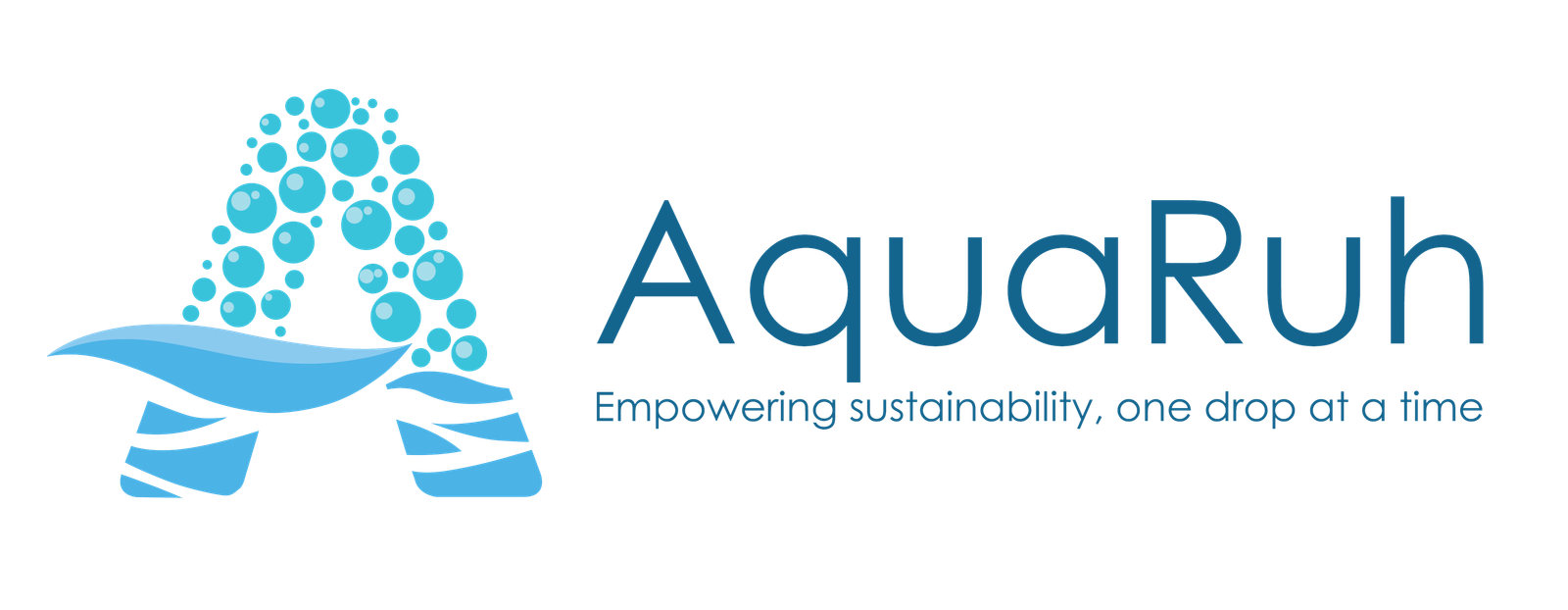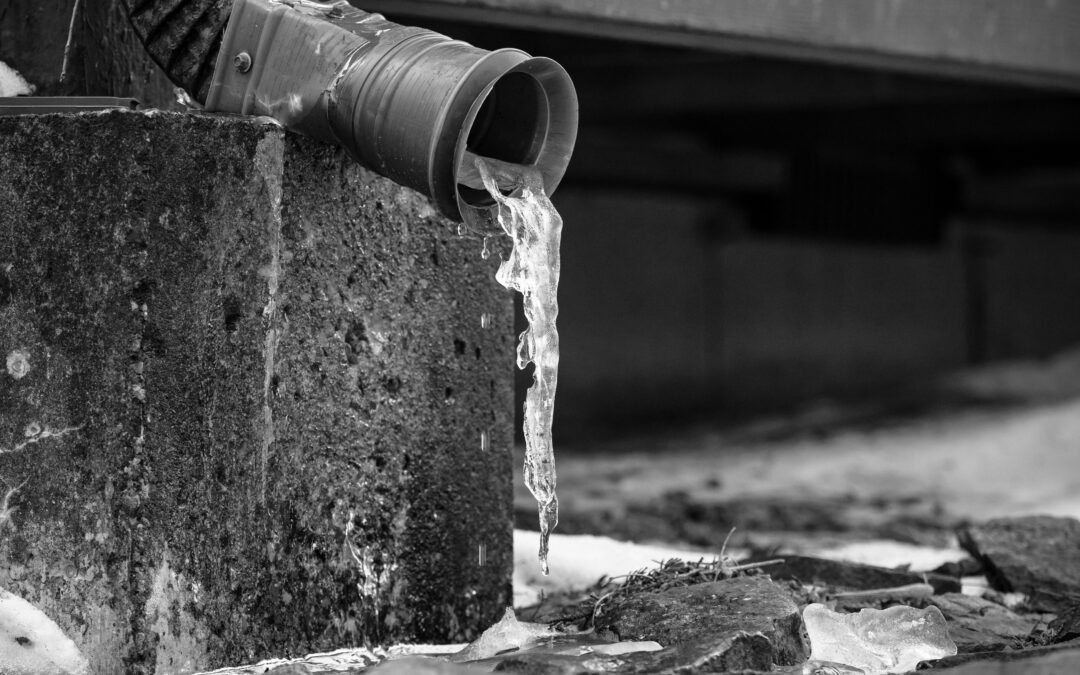Did You Know?
Mexico City Sinks: Each year, Mexico City sinks about a foot due to the depletion of groundwater. Nearly 20 million residents face increasing water scarcity as aquifers are drained faster than they can recharge.
Cape Town’s Day Zero: Cape Town was the first major city on the brink of running out of water. In 2018, it came dangerously close to “Day Zero”, a situation where tap water supply would be shut off citywide.
Tokyo’s Thirst: Tokyo, the world’s most populous city, struggles with a supply that’s heavily dependent on rain, leaving it vulnerable during drought seasons.
Critical Importance of Water Treatment in Urban Areas
Urban areas are expanding, and with this expansion comes an increased demand for water. The sustainable management of this vital resource is becoming a critical challenge. Water treatment in cities is not just about providing enough water; it’s about ensuring that every drop counts. Reclaiming and treating used water is crucial for sustaining the growing populations and their increasing water needs.
Key Points for Efficient Urban Water Treatment
1. Microbubble Technology: Traditional water treatment methods are often not enough to meet the purity standards required for reused water in urban settings. Advanced technologies like microbubble systems can enhance water recovery rates up to 95%, making them ideal for densely populated areas.
2. Reduced Footprint: Urban areas often lack the space for large-scale water treatment facilities. Compact systems like those developed by Aquaruh can be integrated into existing infrastructures, minimizing their environmental and spatial footprint.
3. Energy Efficiency: Cities demand sustainable solutions. Energy-efficient water treatment systems not only reduce the carbon footprint but also lower operational costs, which is crucial for municipalities managing tight budgets.
4. Cost-Effectiveness: Efficient water treatment systems help cities save money. Systems that require lower capital and operational investment, such as those that do not require air compressors, offer long-term savings.
5. Rapid Deployment and Maintenance: In the fast-paced urban environment, water treatment solutions must be quickly deployable and easy to maintain. Systems designed for rapid setup and minimal maintenance downtime are essential, ensuring that water treatment does not interrupt the daily lives of millions.
Conclusion
As urban areas continue to grow, innovative solutions for water treatment become not just beneficial but essential. Technologies that save space, energy, and cost while delivering high efficiency in water recovery will lead the future of urban water management. The innovations brought forth by companies like AquaRuh illuminate the path forward in adapting to the needs of burgeoning urban populations.

